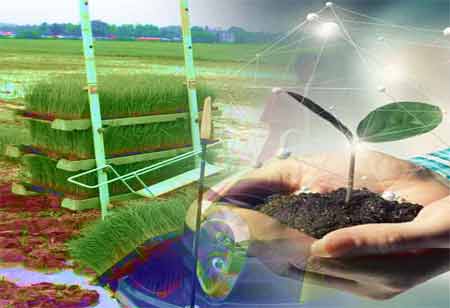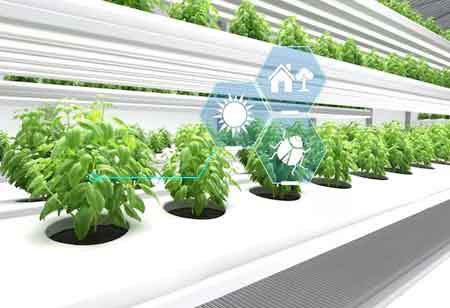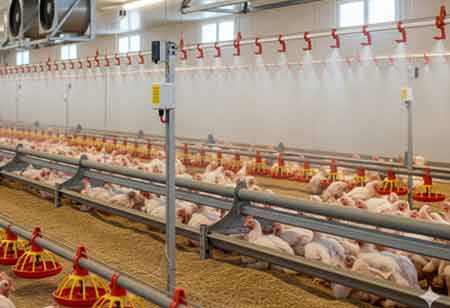Thank you for Subscribing to Agri Business Review Weekly Brief
Five Trends Redefining the Landscape of Agribusiness
The agribusiness landscape is undergoing a profound transformation, driven by a convergence of technological advancements,

By
Agri Business Review | Thursday, May 02, 2024
Stay ahead of the industry with exclusive feature stories on the top companies, expert insights and the latest news delivered straight to your inbox. Subscribe today.
Agribusiness is undergoing transformative changes driven by five key trends: precision farming and technology integration, sustainable practices, digital innovation, global collaboration, and resilience to climate challenges, shaping its vital future.
FREMONT, CA: The agribusiness landscape is undergoing a profound transformation, driven by a convergence of technological advancements, shifting consumer preferences, and global environmental challenges.
Sustainable Practices: Agricolleges are reshaping their curriculums, aiming to shape future generations of farmers with an emphasis on organic farming and biodiversity preservation. These programs prioritise educating growers on environmentally friendly practices while ensuring farming remains affordable and sustainable.
Some of these approaches can also be made more widely available with the assistance of the nursery industry. Goods such as organic fertilisers are beginning to appear on nursery floors. Plant and seed varieties are also evolving. As they reduce erosion and leave nutrients in the ground for other species to flourish, native plants are less detrimental to the ecosystem.
Vertical Farming: Vertical farming has garnered attention in recent years for its ability to maximise limited space utilisation. Planting rows are replaced by containers, which are stacked one on top of the other. The grower may have better control over all the agricultural processes with vertical farming, including the type of plant and the atmosphere. This farming allows them to grow fresh food, which can also help them eat healthier, spend less on groceries, and have a smaller environmental impact.
Rewilding: The loss of nutrient-rich topsoil transformed crop fields into barren wastelands, triggering ongoing developments in the industry. Rewilding, along with practices like fallowing fields after the growing season and rotating crops annually, is gaining popularity as a means of addressing ecological challenges and promoting sustainability.
Farmers are letting native vegetation return to the area rather than sowing rows of crops. These days, weeds that were once thought to be undesirable are being utilised to replenish essential soil nutrients. By removing carbon from the atmosphere, rewilding can also help stop soil erosion and lessen some of the effects of climate change. While rewilding can occur organically over time, nurseries are also prepared to assist with this sustainable process.
Regenerative Agriculture: The days of burning leftover crop stalks and other plant components in the fields are long gone. The farming industry is adopting more environmentally friendly methods that aid in replenishing the soil with nutrients. Tilling procedures can be reduced to those that are necessary. Crop rotation techniques and cover crops are becoming popular as they aid in environmental restoration and improve crop health devoid of chemical pesticides.
As agribusiness continues to adapt and evolve in response to these trends, the industry is redefining its landscape and also contributing to a more resilient, responsible, and responsive global food system. Embracing these trends is imperative for stakeholders across the agribusiness spectrum as they navigate the complexities and opportunities presented by this dynamic and transformative landscape.





